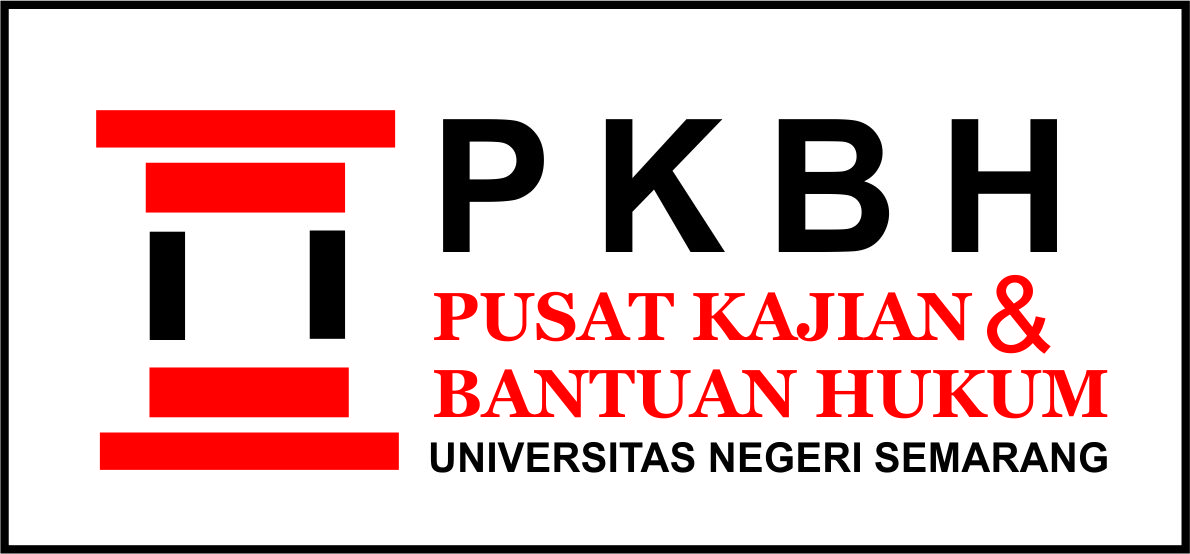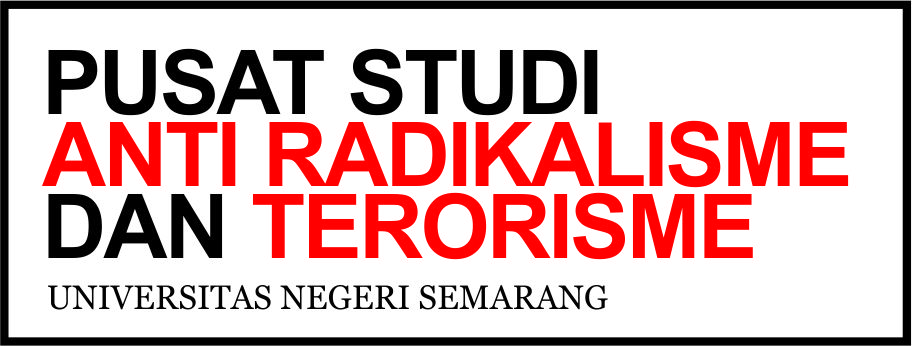The Urgency of Legal Justice for Society Against the Expansion of the Authority of Judges From a Criminal Law Perspective
Abstract
Expansion of the authority of judges in the RKUHP is an interesting discussion where this is related to guaranteeing legal certainty for the community. The purpose of this research is to examine more deeply the impact of expanding the authority of judges in the RKUHP on legal certainty. The method used is a qualitative method. Then for this type of research using literature study by collecting journal articles related to the title being studied. The results of this study indicate that the expansion of authority in the form of judicial pardon is a means for realizing a balance between legal certainty and justice for the community, both of which are closely related to one another. In the RKUHP, the existence of the judge's pardon principle indicates a more flexible nature in criminal law. Unlike in the western Criminal Code which is more rigid. It is feared that this flexible nature will lead to more acts of fraud by law enforcers. In real terms, crime in Indonesia is increasingly modern. So that right now it really needs a legal system that is firm and able to provide legal certainty for its citizens. Studies related to the expansion of the judge's authority which are classified as increasingly flexible in the RKUHP are very important to do. Judicial Pardon is expected to be able to provide a balance between legal certainty and legal justice.
Keywords
Full Text:
PDFReferences
Alhakim, A. (2023). The Ideas Of Rechterlijk Pardon As A Restorative Justice Approach: From Vengeance To Recovery. Ganesha Law Review. 5(1), 1-12.
Asmarawati, T. (2015). “Pidana Dan Pemidanaan Dalam Sistem Hukum Di Indonesia”.Yogyakarta: Deepublish.
Daon, (2018). Polri: Indonesia Tertinggi Kedua Kejahatan Di Dunia, Diakses Pada Tanggal 30 Mei 2023, https://www.kominfo.go.id/content/detail/13487/polri-indonesia-tertinggi-kedua-kejahatan-siber-di-dunia/0/sorotan-media
Dewi, P.M.L., & Setiabudhi, I.K.R. (2020). Kebijakan formulasi rechterlijk pardon (pemaafan hakim) dalam RKUHP. Jurnal Kertha Wicara. 9(9), 1-18.
Fadli, M. R. (2021). Memahami Desain Metode Penelitian Kualitatif. Humanika, Kajian Ilmiah Mata Kuliah Umum.21(1), 33-54.
Hidayati, T., & Primadhany, E.R. (2021). Perlindungan Hukum Usaha Mikro, Kecil Dan Menengah Melalui Fasilitas Sertifikasi Halal Produk Pangan (Studi Terhadap Praktek Di Kalimantan Tengah). Jurnal hukum IUS QUIA IUSTUM. 28(2). 373-395.
Ismail, I.M., & Sugiri, B. (2022). Consequwnces Of Regulating The Rechterlijk Pardon Concept Against The Types Of Criminal Decisions In Indonesia. International Journal Of Multicultural And Multireligious Understanding. 9(7), 120-129.
Jatmiko, S. (2022). Rechterilijke Pardon (Pemaafan Hakim) Dalam Tindak Pidana Perpajakan. HERMENEUTIKA: Jurnal Ilmu Hukum. 6(1), 121-133.
Margono, H. (2021). “Asas Keadilan, Kemanfaatan, Dan Kepastian Hukum Dalam Putusan Hakim”. Jakarta Timur: Sinar Grafika.
Maulana, M.R., & Pujiono. (2021). Restrukturisasi Independensi Hakim Dalam System Peradilan Pidana Yang Berwawasan Pancasila. Jurnal Ilmiah Universitas Batanghari Jambi. 21(2), 580-587.
Meliala, N.C. (2020). RECHTERLIJK PARDON (PEMAAFAN HAKIM): SUATU UPAYA MENUJU SISTEM PERADILAN PIDANA DENGAN PATRADIGMA KEADILAN RESTORATIF. Jurnal IUS Kajian Hukum Dan Keadilan. 8(3), 552-568.
Nurahman, A., & Soponyono, E. (2019). Asas Keseimbangan Dalam Rancangan Kitab Undang-Undang Hukum Pidana Sebagai Upaya Pembaharuan Hukum Pidana Yang Berkeadilan. Pandecta research law journal. 14(2), 100-106.
Purwanti, S.P.SE., & Dewi, P.M.L. (2021). Judicial Pardon: Renewal Of Criminal Law Towards Minor Criminal Offense. Yustisia Jurnal Hukum. 10(3), 415-430.
Rasdi., Pujiono., Rochaeti, N., & Rehulina.(2022). Reformulation Of The Criminal Justice System For Children In Conflict Based On Pancasila Justice. Lex Scientia law review. 6(2), 479-518.
Sulistiyowati. (2020). “Alternatif Penegakan Hukum Pidana Berbasis Nilai Keadilan”. Yogyakarta: CV BUDI UTAMA.
Suyanto. (2018). “pengantar hukum pidana”. Yogyakarta: CV BUDI UTAMA.
Syamsu, M.A. “Penjatuhan Pidana & Dua Prinsip Dasar Hukum Pidana”. Jakarta: PRENADAMEDIA GROUP, 2016.
Refbacks
- There are currently no refbacks.











